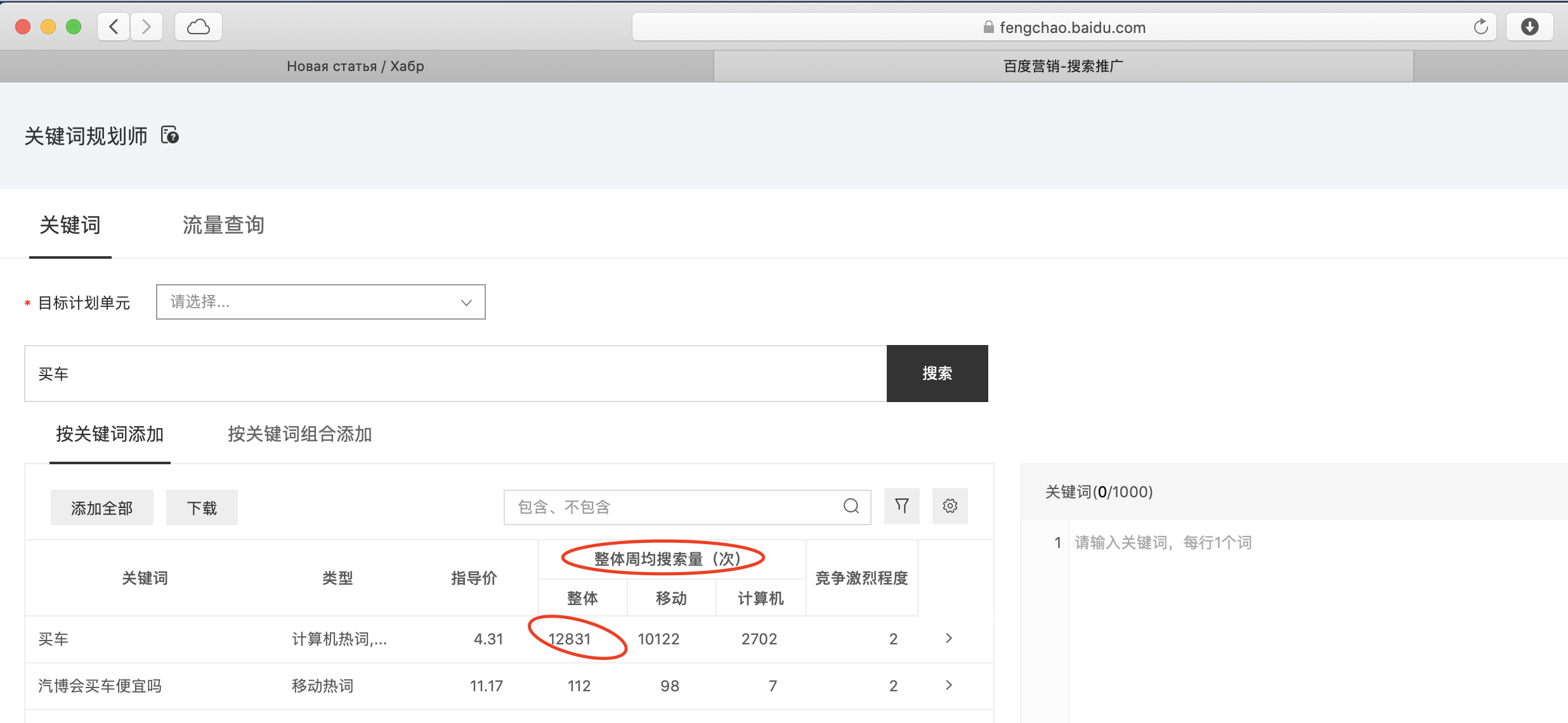There is one "but" - you went to the wrong Internet.
The Chinese Internet is, in fact, a superbly organized space, with the most advanced technologies and excellent functionality. However, in order to get there, you need to go not into the browser at all. But let's talk about everything in order. A bit of retrospective.

There is a Meituan holding in China, which is known to a greater extent for its delivery service, merchant acquiring, etc. In this case (a screenshot from September 2018, sorry for the quality - I found it on my ancient forum) the Meituan site tells us that the payment from the Meituan wallet on their site does not work. Go to the application, they say.
Now, in the same place where the orders were , clicking on the "I want to order" button will redirect you to the landing page with links to the application.
The same applies to everything else - here is a catering establishment under my house and an advertisement for a job There are no

other options except a link to a public Wechat account. Or an advertisement for an online school in an elevator.

Accordingly, a link to a one-page landing page with a link to the application in the Appstore. The site remained with them, but it is rather a tribute to the old days.
There are hundreds and hundreds of examples. Let's now come up scientifically.
Let's take a look at the Baidu metric. Baidu, if anything, is the most popular search engine in China with a market share of about 60%
Let's take a simple and popular query like "buy a car" - 买车.

13 thousand requests. From all over China. For a week .
At the same time, the Wechat metric tells us that 2.2 million people searched for this phrase on Wechat on July 18, 2020. Per day .

For all my years of active use, Taobao has gone through five total redesigns, acquired AR shopping, product recognition by photo, mini-games, podcasts and streams, and who knows what kind of functionality. However, if I open archive.org on the date of my first visit to China and open Taobao there, I won't notice much of a difference with today's site.
So where are all the users? Here's where.
As of July 2020, 3,200,000 gadgets have been registered on Wechat . What is a "mini-application" - I wrote here... But gadgets are not only there - platforms for their creation and use are provided by Alibaba, Baidu, and Sina - almost every major player in the market.
So the first thing I try to convey both to you and to customers, and just to acquaintances - the Chinese Internet that you see - these are the fragments of those who have miraculously remained until today (but not for long). So the phrase “the Internet in China stayed in the 90s” should be changed to “The Web in China remained in the 90s”. The Internet in China is ahead of the rest. You just need to enter it not through a browser.
Why did it happen
It's no secret that year after year, the number of desktop and tablet users has been steadily declining, while the number of smartphone users is growing. 35% of Internet users in Russia use only mobile devices to access the Internet. By 2025, 72% of all Internet users across the globe are projected to use the Internet only through mobile devices. The trend, in fact, is obvious and there is nothing to argue about. Why this happens is another question, controversial, but the topic of the article is not at all about that.
The Chinese were simply the first to catch the trend and are now the pioneers who have gone far ahead of the rest. I haven't opened VK for a long time, but when I recently opened it, I had a vague sense of déjà vu. On the profile page, the buttons "My QR-code" and "Scan", in the "Services" tab - "mini-applications" and "VK-wallet". Where did I see this? Oh yeah, on Wechat. Five years ago.
Everyone remembers the old joke about "there are 14 competing standards - you need to invent a single one - there are 15 competing standards." Accordingly, the transfer of the Internet from a zoo of various domains, an ocean of payment aggregators, five thousand frameworks and tons of libraries (and all this should work in fifty different browsers in 20 different systems on a legion of different devices) into one single framework - this is exactly the logical next step.
It is much easier for a developer to maintain an application according to the guides and requirements of one platform than to ensure equal performance of all functionality across the entire zoo of browsers and devices.
Moving away from the WEB and moving to the "one window" model, when everything you need is in one place and is kept 100% up to date - this is the future.
And the opponents of all this - they remind me of my father, who kept muttering that in his VAZ-2104 he could carve out any part of the carburetor, and with these newfangled injectors and microcircuits of yours, he doesn't know what to do - just change it entirely. Yes, it is manufacturer-dependent. Yes, the manufacturer can turn it off remotely. Yes, field repair is not possible. And another three thousand many different "yes".
But this increases labor productivity - and, therefore, it will be so.